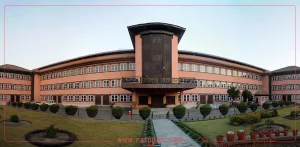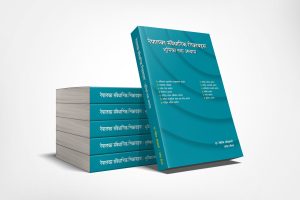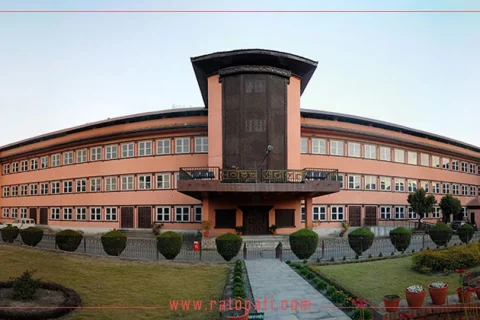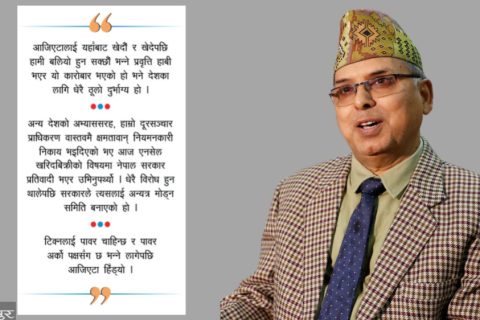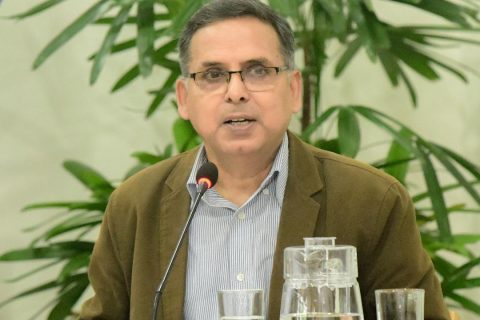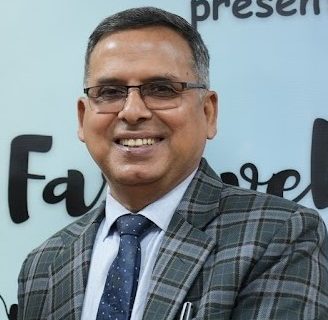In today’s modern life, even basic needs and rights of many senior citizens remain unaddressed. For a society witnessing chaotic changes, however, even the most sacred relationships have come under threat for many reasons that may include popularisation of nuclear family.
While the number of senior citizens being abandoned and number of old-age homes are increasing, the government’s initiative to float a bill in the parliament to bring an amendment in the Senior Citizens Act, 2006 for giving effect to Article 41 of the Constitution could be seen as laudable project.
The mere enactment of laws for the welfare of elderly population would never serve the cause unless the younger generations bear in mind that they have a moral responsibility to protect the rights of senior citizens.
“Though the state’s initiative to enact laws for the welfare of senior citizens reflect a change in national development priorities, it’s unfortunate to witness that the bills are introduced in our part of the world without consulting with the stakeholders,” said Dr Bipin Adhikari, Dean of Kathmandu University School of Law (KUSL) Dhulikhel in an interaction program organized by KUSL in Kathmandu Tuesday.
He was of the opinion that there is a dire need of enacting an effective legislation for serving the cause of older population.
“The stakeholders and the government should stand on the same page for giving birth to an effective piece of legislation,” he said.
The Senior Citizens Act casts a legal obligation on the children to provide maintenance to parents in form of a monthly allowance. “The state is duty bound to ensure that senior citizen’s right to live with dignity is not only protected but also enforced,” said Dr Adhikari. Still, the bill is a step ahead in right direction in protecting and promoting the rights and interests of senior citizens, added he.
Dr Gauri Shankar Lal Das, main speaker in the programme, said that it’s high time we realized that there is a large chunk of elderly people in our country who are rendered homeless due to migration of their families. “A provision in the bill seeks to give ‘special protection’ to the senior citizens. But, what does that ‘special protection’ mean? The term ‘special protection’ remains an undefined jurisprudence in our laws,” opined Dr Das.
He further said that the instrumentalities of the state and government must revisit the grant of pension to the elderly so that it is made more realistic.
“The governments in states and centre must work in a constructive and creative manner if they want to make the scheme workable and meaningful.” He added that it has become an uphill task for us to create awareness about the human rights of old people and protect their fundamental rights in true and material sense.
Similarly, Ashwin Kumar Pudasaini, a researcher, was of the view that the bill ought to have incorporated a provision for free medical treatment to all senior citizens. “Though the rights of senior citizens have been recognized under fundamental rights, their distress has not come to an end. The hospitals do not give discount to senior citizens,” said Pudasaini. He added that a considerable number of old population don’t have a bank account.
Yagya Prasad Adhikari, Director at National Human Rights Commission, argued that the local bodies should take an added responsibility in protecting and promoting the rights of senior citizens. “The bill has provisions that seek to keep old people in isolation. Though we are set to bring a national mechanism for the welfare of the elderly people, there are provisions in the bill which could influence their rights and concerns,” added he.
The former judge of Supreme Court of Nepal Justice Pawan Kumar Ojha said that the bill does not lay down clear functions of the Senior Citizens Committees. “The provisions regarding the Senior Citizens Committees are in want of modifications for clarity and brevity.” Justice Ojha further said that the bill lacks welcome arrangements for social security to senior citizens.
Seconding Justice Ojha’s views, Dinesh Tripathi, a senior advocate with the Supreme Court, said, “We have cosmetic laws on papers which have caused minimal impact on the ground. Sons and daughters are entitled to sue parents for partition in paternal property but the parents are disallowed to claim a share in the property of their issues.” He accused political parties of taking the senior citizens merely as a vote bank.
Abhisekh Adhikari, an advocate, said that the Amendment Bill doesn’t incorporate a provision to address a situation where mother and father are living separately. “The obligation of a son or daughter towards his/her separated parents isn’t clear in the bill,” said he.
Dr Surya Dhungel, a senior advocate, opined that the bill is yet to quicken the pulse of federalism. “The bill says that the provincial governments and local bodies would work on the direction of the federal government which reflects unitary mindset of the state,” said Dhungel. The bill does not contain any provision ensuring the rights of senior citizens to seek loans from financial institutions or banks. “This way, elderly population is disallowed to cash loan rights.”
The speakers in the programs stressed on the need of protecting the rights of elders through awareness. “The proper awareness about the rights and interest of senior citizens among the students would be crucial as the younger generations would be able to uphold the rights of their parents in future and behave like responsible citizens,” said Sita Bhatta, a practicing advocate at the Supreme Court.
Published on: 20 February 2019


